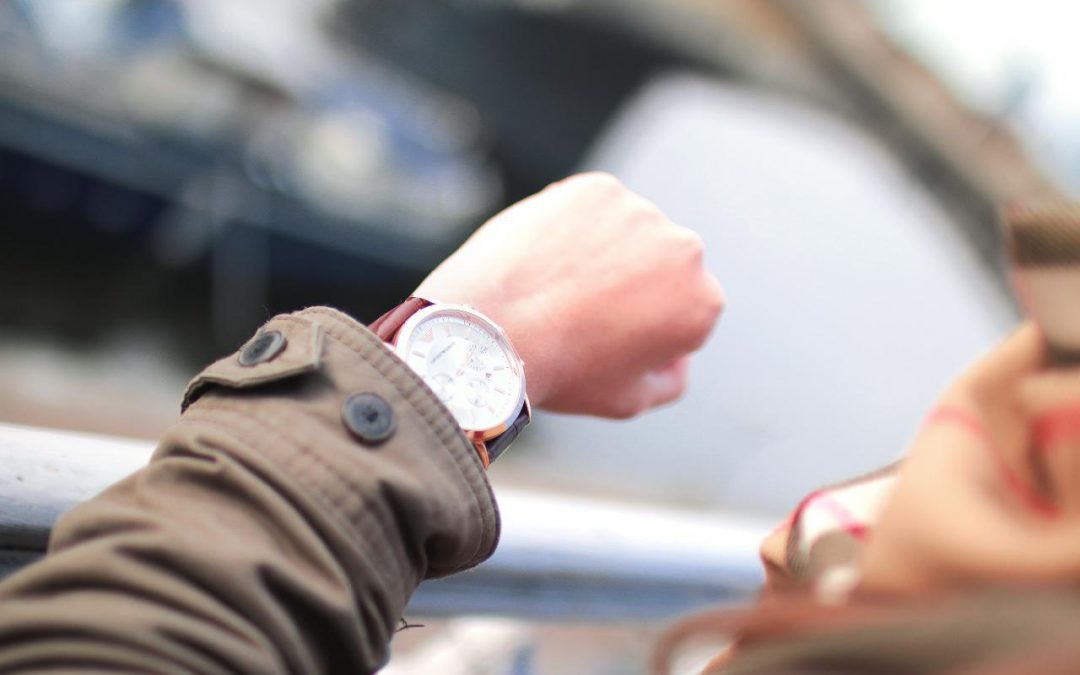 Deadlines increase our productivity; but the deadlines must be realistic. And we can be much more productive if we take frequent breaks in addition to longer vacations.
Deadlines increase our productivity; but the deadlines must be realistic. And we can be much more productive if we take frequent breaks in addition to longer vacations.
Canadians, with a two-week starting vacation (three in Saskatchewan) spend more time working than our European counterparts. And according to an article by Tanya Finberg in 24 hours Toronto (July 27, 2010), only 24% of us are using up vacation time. This translates to about 36.5 million extra days at work.
In addition, we are working well beyond the normal workday, bringing our office with us in the form of a smart phone or other PDA strapped to our hip – ready for action the moment it beeps.
We seem to have a false belief that more time spent working equates to increased productivity when it is actually the opposite. Productivity refers to the amount of output (results) per unit of input (time and energy). This is accomplished through efficiency – increasing the amount of output per hour.
If we were to work less and get more done, we are increasing productivity through increased efficiency. But this is accomplished, not through working more hours, but by making better use of the hours we work. We tend to do be more productive when we have fewer hours, not more. With fewer hours to accomplish a task, we experience fewer self-interruptions, give less attention to trivia, and tend to say no with more regularity. We wouldn’t have time to surf the Internet or stare out the window or overindulge in coffee during the scheduled work hours. Shorter time frames produce a sense of urgency. Working overtime frequently extends our current efficiency (or inefficiency) over a greater span of time.
Having a deadline does not put us under stress. Only unrealistic deadlines put us under stress. And it counteracts Parkinson’s Law – the tendency to expand our activities to fill the time available. With less time available, we are more apt to be creative, prioritize, delegate, and ignore the trivia that would normally distract us from our goals.
That’s one of the reasons I recommend scheduling 90-minute blocks of time in order to work on your projects. Each work session has a deadline, and is brief enough that ignoring email and allowing calls to go to voice mail would have no appreciable negative effect on your job.
Taking all the vacations allotted to you, including those mini-vacations called lunch hours and coffee breaks, will reduce stress and provide reflective time to activate your creative juices.


Recent Comments